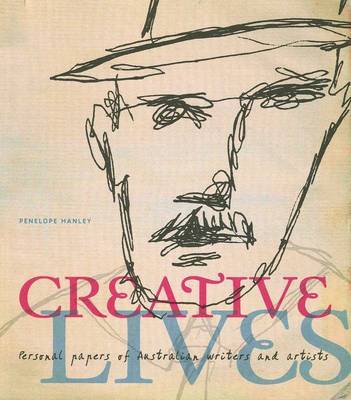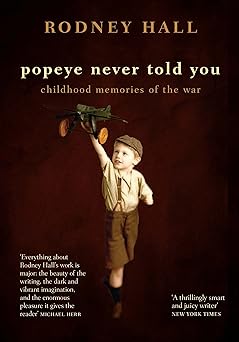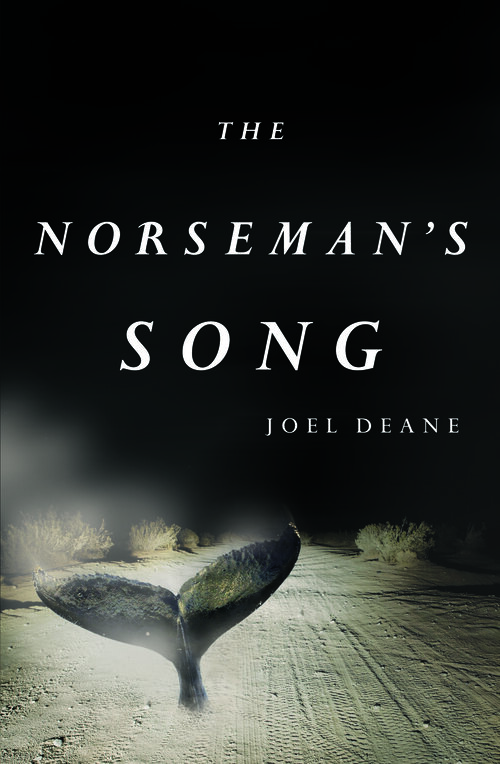Archive
Film | Theatre | Art | Opera | Music | Television | Festivals
Welcome to ABR Arts, home to some of Australia's best arts journalism. We review film, theatre, opera, music, television, art exhibitions – and more. To read ABR Arts articles in full, subscribe to ABR or take out an ABR Arts subscription. Both packages give full access to our arts reviews the moment they are published online and to our extensive arts archive.
Meanwhile, the ABR Arts e-newsletter, published every second Tuesday, will keep you up-to-date as to our recent arts reviews.
Recent reviews
It is strangely affecting to see people’s lips moving as they sit silently reading to themselves. Apparently, when we read we can’t help but imagine speaking. Even silent reading has its life in the body: seeing words, the part of our brain that governs speech starts working. When we read poetry silently to ourselves, is it our own voice or the poet’s voice that we hear?
... (read more)The Letters of T.S. Eliot, Volume 2: 1923–1925 edited by Valerie Eliot and Hugh Haughton
Creative Lives: Personal papers of Australian writers and artists by Penelope Hanley
Popeye never told you: Childhood memories of the war by Rodney Hall
‘It’s something like learning geography,’ thought
Alice, as she stood on tiptoe in hopes of being able
to see a little further.
Through the Looking-Glass
Our mob was fond of Tweedledee
Because it was cutely seen
That he would rustle up the tribes
And thump the old Red Queen.








